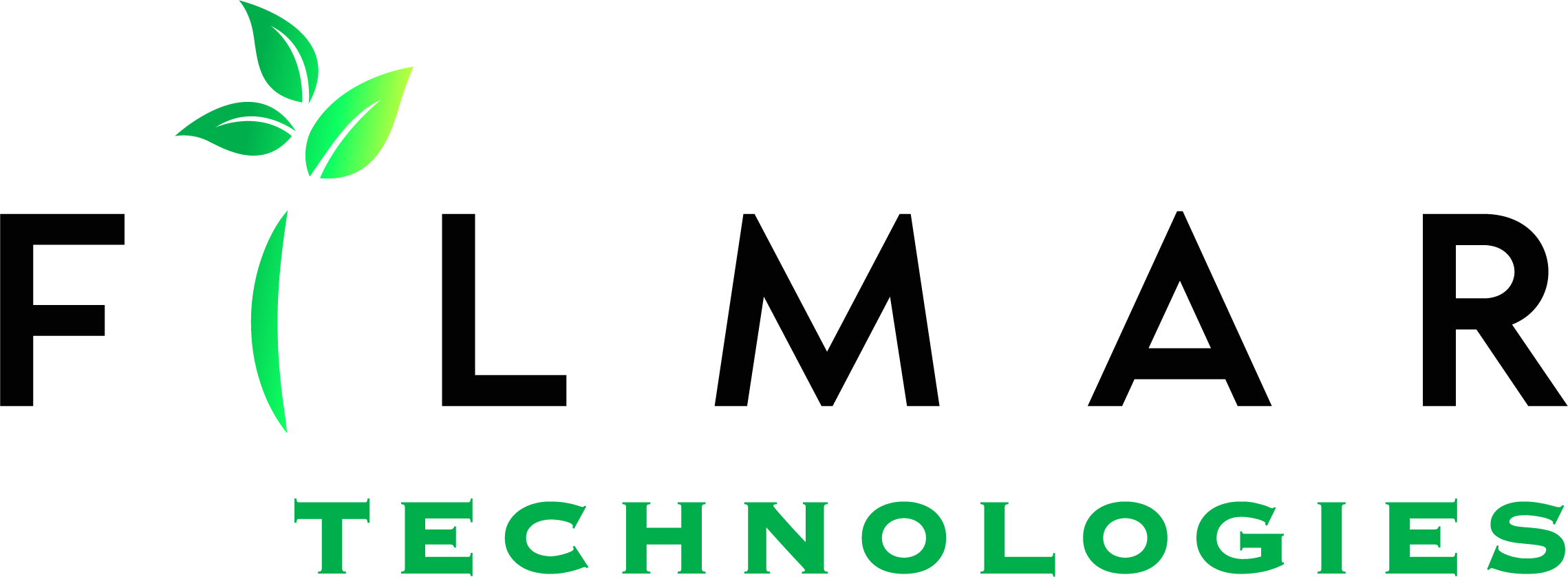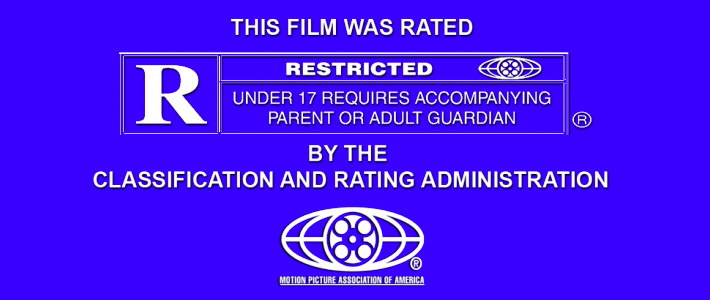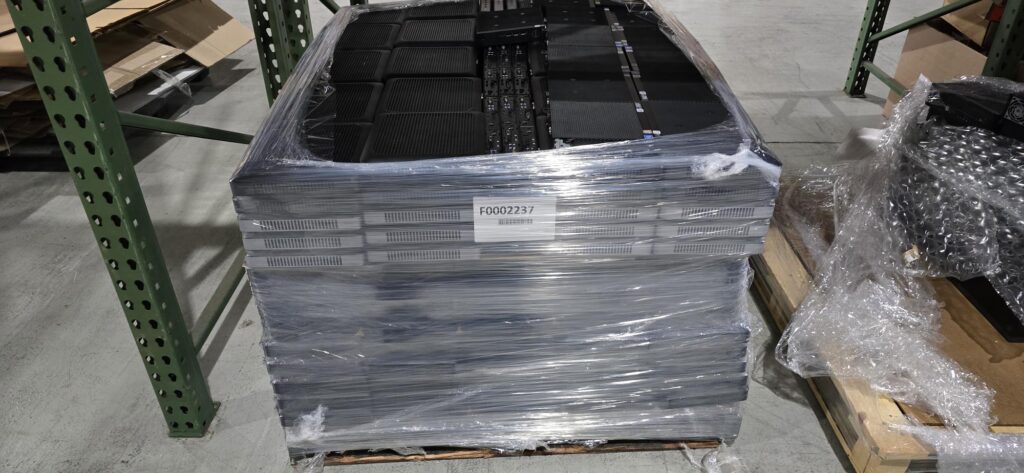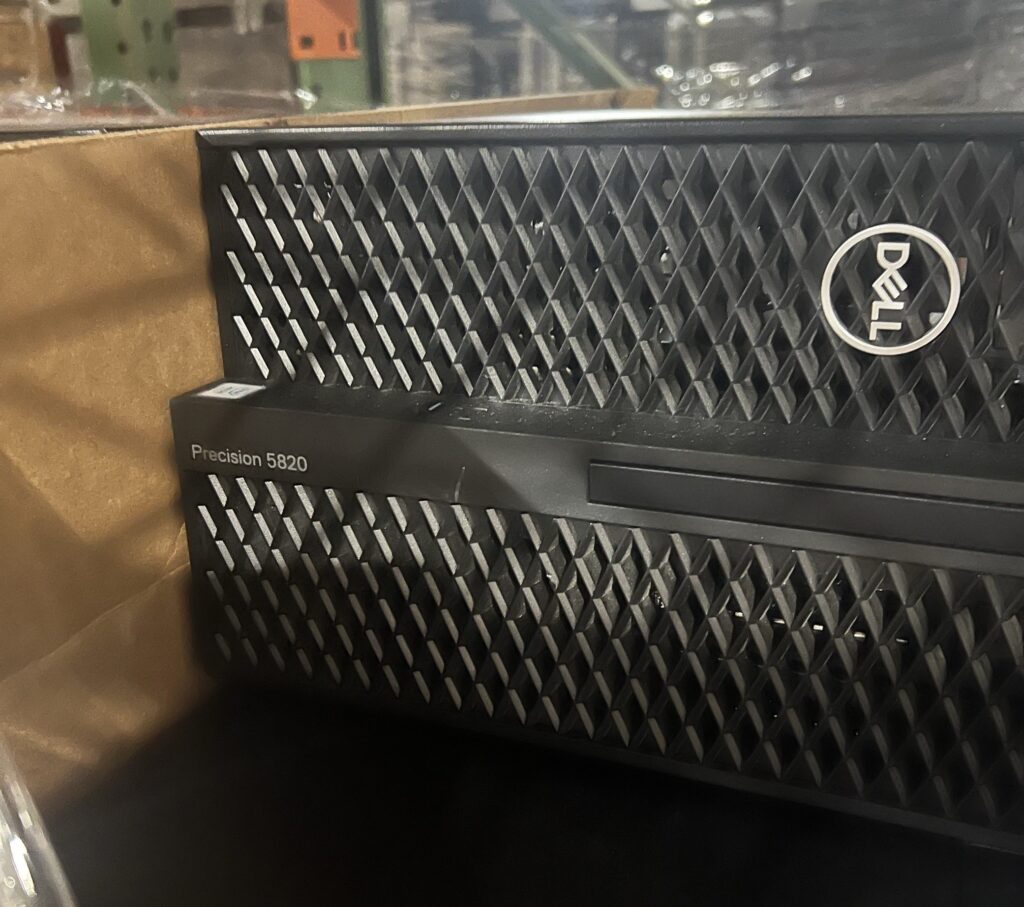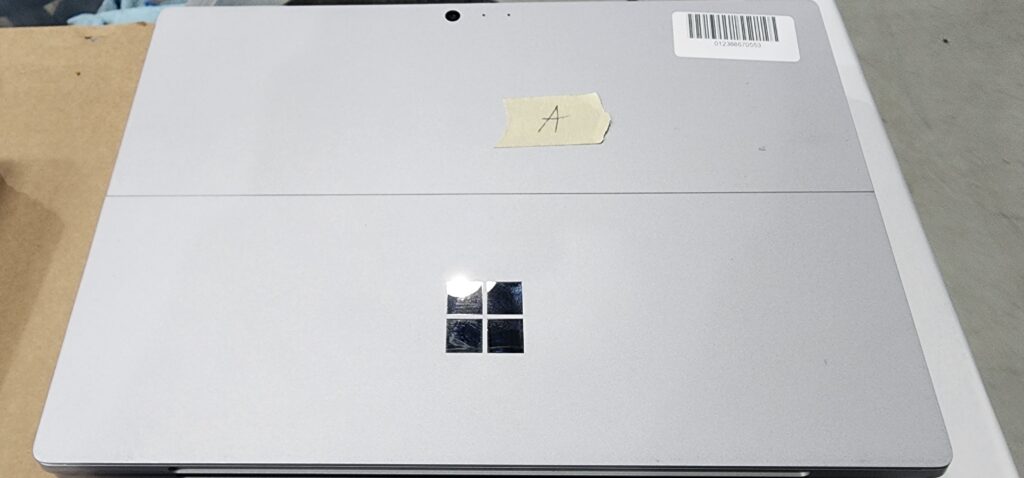Before you shout “ACTION!,” have you ever thought about where you digital content could end up?
Data destruction is an important process that can protect the movie industry’s intellectual property.
The movie industry does not know that the data on cameras like Sony or Canon 35mm full HD camcorders used to make movies can be recovered from the film after it has been deleted. As we know, all film is now digital.
Let’s follow the path of how the movie industry’s digital film makes its way to the big screen. This will be a summary but not a detailed process because each industry or vertical handles content differently.
- The film is shot on a digital 4k or full HD camera (a typical model is the Sony Canon Cinema Series) on solid-state hard drives, CF cards, SD cards, and HDD drives.
- The digital content is backed up to an external hard drive, uploaded to the cloud, or transferred to an SGI computer, workstation, and/or servers, where the digital content will be edited
- The digital content is transferred, uploaded, or transported to motion picture specialty companies, where editors work on digital audio enhancements to complete the picture.
- Digital content or film will be distributed amongst industry leaders for preview and analysis.
- Digital content is then distributed for final production.
Great caution must be exercised to control the transfer of digital and sound editing. This intellectual property must be protected.
These digital “handshakes” happen between:
- Movie studios
- Distributors
- Script writers
- Music
- Creative consultants
- Special effects
- Photography
- Sound design
- Ghost writers
Any transfer of data or raw footage can be leaked at any time during this process.. Any leak can devalue your intellectual digital content.
Here are some possible detrimental examples of what could leak if not destroyed:
- Leaked unedited film footage
- Outtakes
- Unprofessionalism that could destroy the image of an actor or movie studio
- Blooper reels
- Bluescreen scenes
- Actors pre-makeup, post-makeup
You want to protect that footage by making sure it is destroyed and avoid the possibility of anyone benefiting from the footage, i.e.. its entry into the black market, tabloids, or use by bootleggers.
These leaks cost money to rectify. Many resources can be utilized for damage control, such as PR firms, communication companies, agents, and the legal system.
To avoid or limit movie industry digital film and audio leaks, use a company that adheres to Department of Defense data wiping standards and specializes in degaussing or shredding content. This will greatly reduce content exposure. Certification and industry compliance will prevent a PR nightmare or black market video profits.
You’ll greatly benefit by using a data destruction specialist or service.
Typical customers who use this service might be:
- Producers
- Managers
- Production buyers
- Production companies
- Property Masters
- Directors
- Writers
- Independent filmmakers
- Videographers
So you have finished producing your movie, pilot, or sitcom. The cinematography is done and the promos have started, but you really don’t want the unedited content to get leaked to the public.
You have 2 things to do:
1. Secure the content in the cloud. You can best control the stream of your content with copy protection software. Here is a simple and effective alternative:
Video Cloud https://support.brightcove.com/en/video-cloud/docs/content-protection-drm
Document Security — Digital Rights Management (DRM) & Copy Protection Software
2. We understand that security and privacy is important to you. So make sure the company you select to handle your data destruction is:
- Educated in the movie industry production process and terminology.
- Has the proper tools to destroy data on cameras and hard drives without damaging the resale value.
- Has marketing material that details their specialty in the movie industry.
- Able to secure and transport equipment via a trackable method.
Use the tools and information here to make sure that none of your movie content or movie scripts get leaked to the public
Next week I will explain what Department of Defense’s data wiping standards are, and what degaussing or shredding is.
